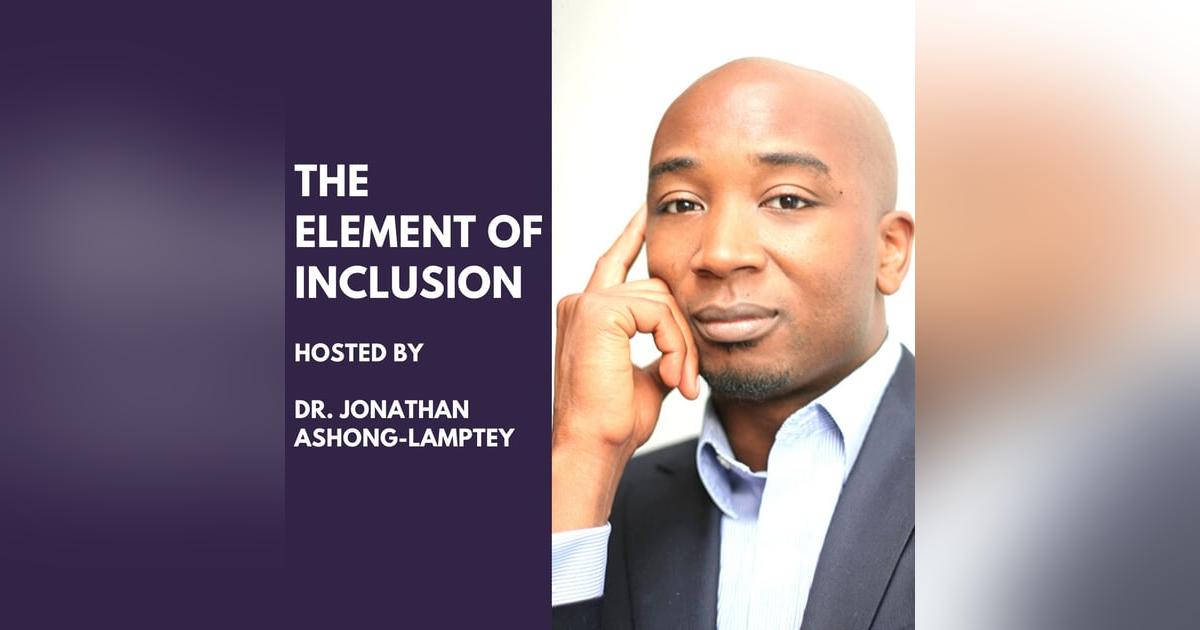
Sign up to get updates from us
By signing up, you agree to receive email from this podcast.

The simplest explanation is often the best explanation
Find out if that's true when it comes to Diversity and Inclusion
The simplest explanation is often the best explanation
Find out if that's true when it comes to Diversity and Inclusion
Here are some key messages from this episode:
Play the episode for more.
Here are some key takeaways from this episode:
Entities should not be multiplied unnecessarily
So if you’ve got two or more theories to explain an outcome; you should choose the most simple theory, the most simple explanation, the one with the least moving parts. You want to avoid multiplying entities if it’s unnecessary
Sometimes it’s necessary to multiply entities
It can be hiding place for considering other options, it can imply that you already have the answers and this can also be used as a way to ignore some of the complexities of the world we live in
All things are rarely equal
This is a situation that’s rare in science, but imagine that in the social world. The world we inhabit, not only is it difficult to claim the results are the same but all other things are rarely equal
Here are some resources so you can go deeper:
How to Use Occam’s Razor Without Getting Cut
Check out these related episodes of the show.
Why Using Common Sense is a Diversity & Inclusion Mistake
UK music industry urged to drop 'offensive' term BAME
Whenever you're ready, there are a few ways I can support your Inclusion Journey:
2. Get Practical Book Insights
For everything else check this